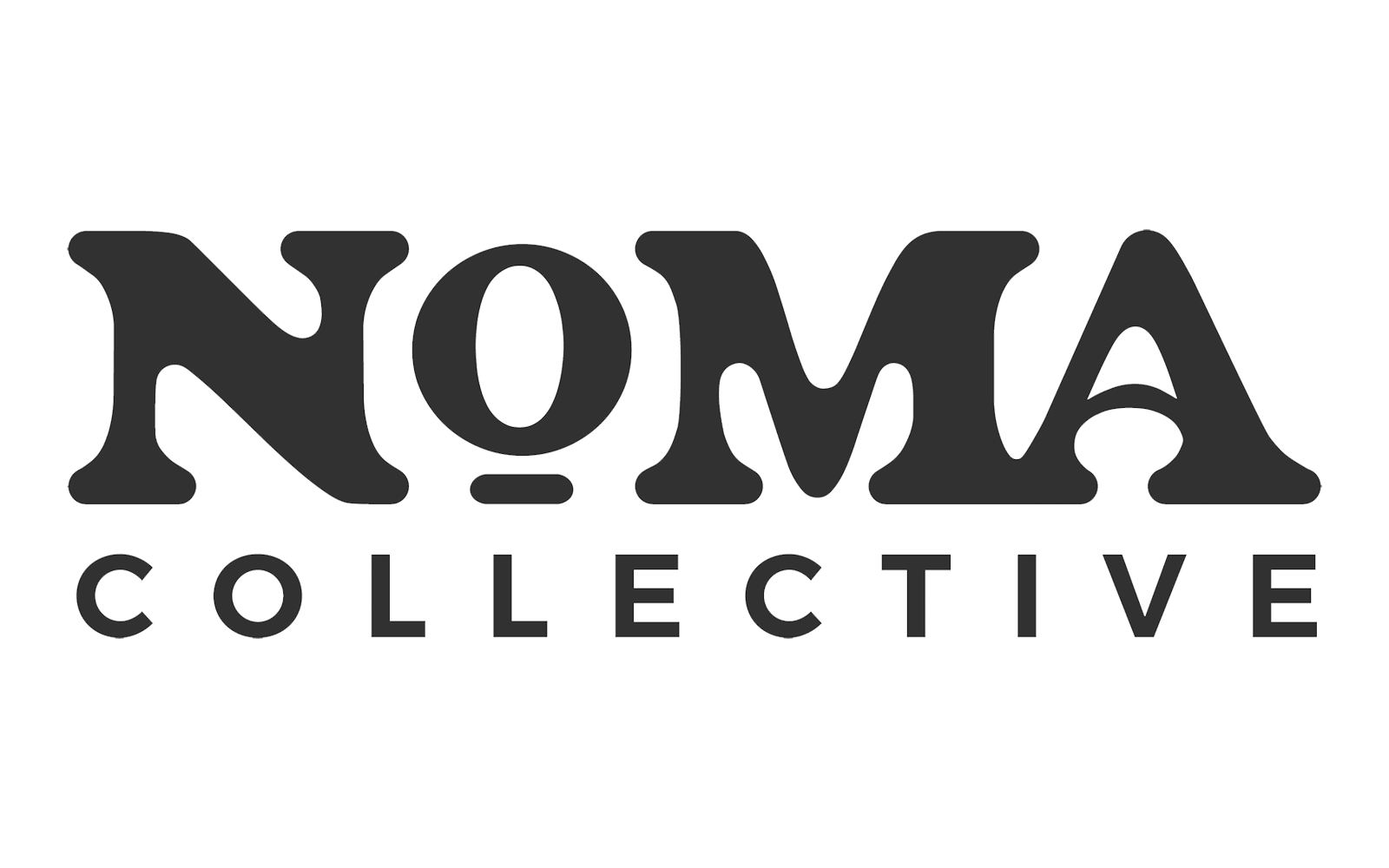News
Your Guide to Digital Nomad Visas
Obtaining visas as a remote worker can be difficult to navigate as there can be a lot of conflicting information. Here at Noma, we're all about making your remote work journey as effortless as possible. We've put together an extensive guide to every visa you’ll need to join us on one (or more) of our Noma Editions.
Panama
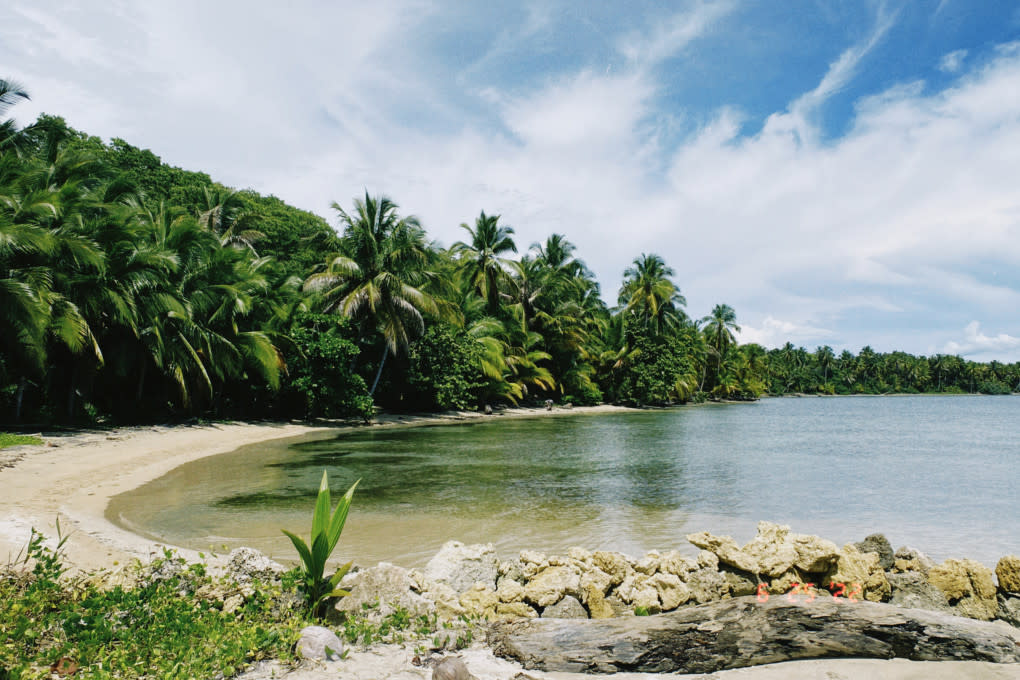
If you are a citizen of either Canada or the United States you do not need a visa to enter Panama and you can stay for up to 180 days. Most Central and South American citizens as well as citizens of Europe, Australia or New Zealand do not require a visa to enter Panama and can stay for up to 90 days.
If you are planning to stay for longer than this you can apply for a Short-Stay Visa for Remote Workers.
Mandatory documents:
Application form
Valid passport
Certified passport copies
Three 2 x 2-inch passport photos
Proof of remote work: a document to prove your employment.
Proof of annual or monthly income: You must meet the minimum income requirement of $3,000 a month
Employment documents: If you’re a freelancer, you have to show a notarized affidavit of your business. If employed, get a letter from your employer on their official letterhead.
Health insurance certificate
Certificate of good health
Clean criminal record certificate
Step-by-step guide:
Gather all required documents
Consult an immigration lawyer: The visa must be processed via the assistance of an immigration lawyer
Complete the application with your lawyer’s assistance.
The visa fees include $250 for the National Immigration Agency (submitted by your lawyer) and $50 for the Visa Card, paid when you collect it.
Your lawyer will submit the complete application package.
The process takes around 40 days
On approval, you can then proceed to collect your digital nomad visa card.
The Short-Stay Visa for Remote Workers is issued for nine months and can be renewed for another nine months.
Buenos Aires

If you are from an EU country, the United States, Canada, Australia, New Zealand, Central or South America, you don’t need a visa to visit Argentina for up to 90 days.
If you want to extend your stay and have citizenship from a country that does not require a tourist visa then you can apply for a Digital Nomad Visa
Required documents:
Argentina Visa Application Form, completed and signed.
Valid passport - It must have at least two blank pages and be valid for six months.
Photocopies of your passport
4 x 4-inch passport pictures
Return flight tickets or travel itinerary
Proof of accommodation in Argentina
Proof of sufficient financial means (no minimum income requirements but it’s assumed that a minimum of around $2,500 per month will be necessary)
Proof of paid Argentina visa fee
A copy of your CV and qualifications
Evidence of employment to demonstrate your digital nomad status.
Bear in mind that foreign documents need to be authenticated by an apostille, translated into Spanish by an officially recognised translation service and digitised for the online portal.
Step-by-step guide:
Gather all required documents
Register your email and create an online account using the
Download the application form (or complete online then download it) and fill out your details.
Pay the initial application fee of $120 via credit card online using
Make your second payment of $80 as a bank deposit at the bank designated by your consulate.
Return to the application portal to confirm your deposit.
Upload digitised versions of all your documentation
Once your application has been submitted, it should take between 10-45 days for your visa to be approved.
You’ll receive an email informing you of your application success and your visa will be issued to you upon arrival at passport control (it is advised to print a copy of the email and bring it with you)
The Digital Nomad Visa is valid for 180 days and is renewable for a further 180 days.
Costa Rica

EU, British, Canadian and US citizens do not need a visa to enter Costa Rica for up to 90 days. Citizens of New Zealand, Australia and most Central or South American countries do not need a visa for up to 30 days.
If you want to stay for longer, you can apply for your Costa Rica digital nomad visa either online, or at a Costa Rican embassy. With this visa, you are exempt from income tax, can open a national bank account in Costa Rica and drive using your home country’s driver’s licence.
Required documents:
Valid passport
Travel Insurance
Visa application form
Proof of accommodation for the duration of your stay
An employment contract
A declaration letter stating that you will be working remotely in Costa Rica
Bank account statements that prove you have a monthly income of at least $3,000.
Receipt to prove visa payments
Every foreign document provided must be translated into Spanish by a recognised translator.
Step-by-step instructions:
Gather the required documents.
Make a payment of $100 to the Banco de Costa Rica before submitting your application
Pay the $90 fee to register your documents officially.
Online applications will typically be processed within two weeks.
Once your application has been approved, you must submit a security deposit valued at 75% of a flight to your country.
Pay $50 to obtain your residency permit, plus a $3.75 fee per page to cover the cost of legally registering your documents.
The Digital Nomad Visa extends a 90-day tourist visa to a full year, with the option to renew for an additional year.
Antigua, Guatemala
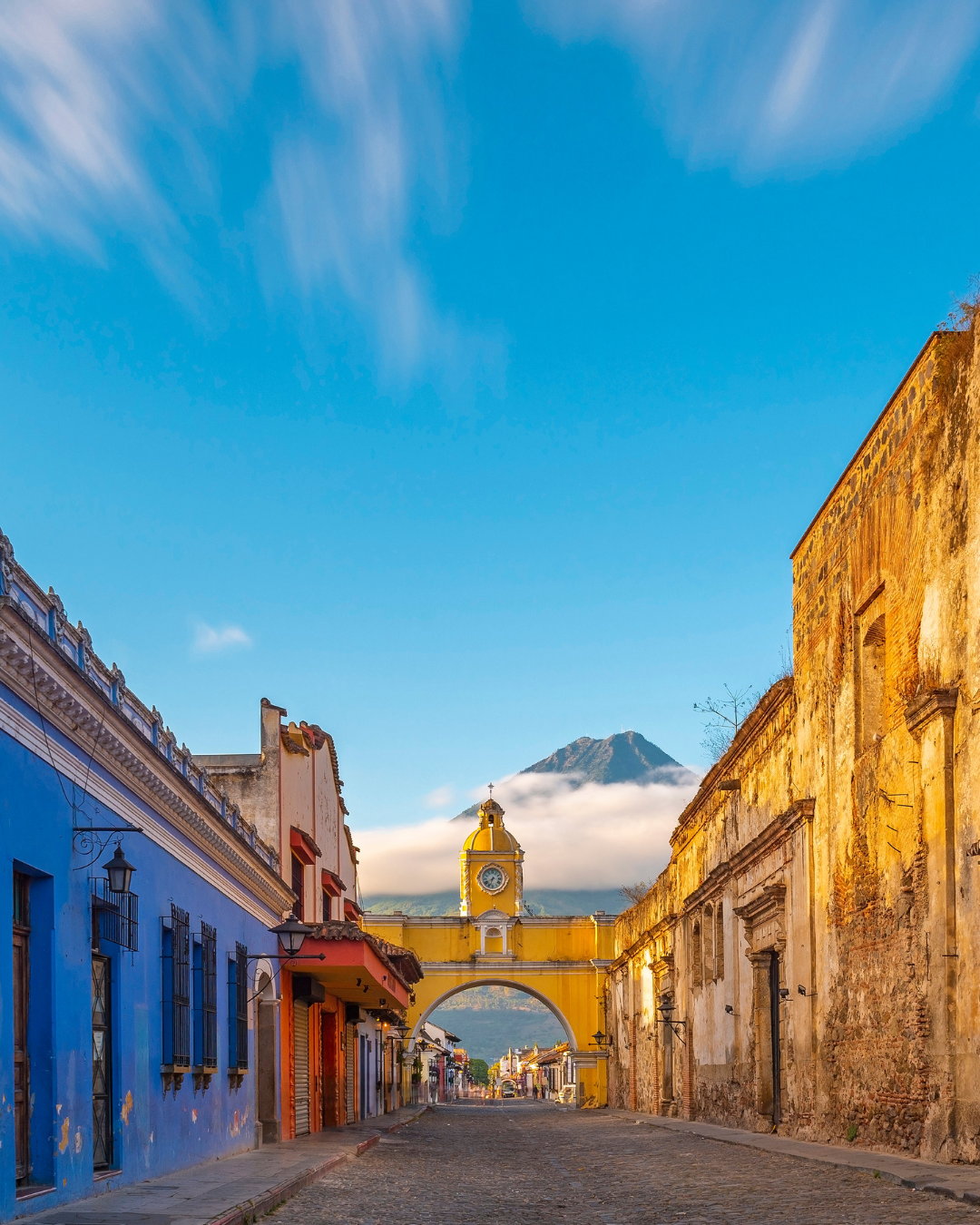
Citizens of the United States, Canada, the UK, Australia, New Zealand, South Africa, Mexico and most European countries, can enter Guatemala for up to 90 days without a visa.
If you wish to stay for longer you have to visit the Guatemalan Institute of Migration in Guatemala City. The opening hours are 7 am to 3 pm and be aware that the lines can be long.
Required documents:
Valid passport with last entrance stamp
Either an onward travel ticket, an international credit card or evidence of a Guatemalan guarantor.
A receipt proving your $15 extension fee payment.
Step-by-step guide:
Gather all necessary documents
Download the application form online
Pay the extension fee of $15 at a local bank
Visit the Guatemala Institute of Migration
Submit your application
This will extend your stay for a further 90 days.
If you are part of a tourist visa-exempt country, it is easier to cross the border into another country for a few days and then re-enter Guatemala. This does not include Honduras, El Salvador and Nicaragua as they are part of the CA-4 agreement.
Belize

Citizens from the UK, Schengen area, USA, Australia, Canada and most Central and South American countries can stay visa-free in Belize for up to 30 days.
If you want to extend your stay you can apply for the The Work Where You Vacation program.
Required documents:
Valid passport
Application form
Proof of employment outside of Belize with a minimum annual income of $75,000
Notarized banking reference and statement of account
Clear criminal record
Travel insurance policy with a minimum of $50,000 of coverage
Step-by-Step process:
Gather required documents
Send the application form via email to visas@immigration.gov.bz or secretary@immigration.gov.bz.
Wait for approval - usually a couple of weeks
Travel to Belize with your travel documents
Pay the Work Where You Vacation fee at the airport upon arrival - estimated to be around $500
The Work Where You Vacation visa is valid for up to 6 months, with the opportunity to extend.
Morocco

Citizens from the US, EU and UK can visit Morocco without a visa for up to 90 days.
If you enter the country without a tourist visa and want to extend your stay past 90 days, you must visit a central police station and ask about a carte de sejour (a residency card) required to live and work legally in Morocco. The price is 100 dirhams per year of extension.
Required documents:
Proof of long-term accommodation in Morocco
Clean criminal record
Certificate of good health
A bank certificate proving sufficient funds
Proof of employment is sometimes required
Barcelona

EU citizens and Schengen area countries do not need a visa to visit Spain for up to 90 days.
Currently, the UK and USA do not need visas to visit Spain for up to 90 days but from 2025 they will have to complete ETIAS visa waivers before entering the country.
If you are a non-EU/EEA remote worker and want to extend your visit you can apply for a Digital Nomad Visa. EU and EEA citizens can work in Spain for up to six months using only their passport.
Unfortunately, this Visa is not available for most US employees unless their company is registered in Spain. This visa is eligible for US self-employed individuals who have a company that is older than 12 months and have clients that have established entities (not just clients that are individuals). The clients must also have a company that is older than 12 months.
Required documents:
Valid passport (original and copy)
Copy of stable employment contract - at least 3 months
If self-employed, proof of 3 months income - minimum €2,160 per month
Application form
Authorisation from employers that allows you to work remotely in Spain (employed or self-employed)
If self-employed, proof of stable work over the next several months (preferably a year)
Proof that the company you work for has been in business for over a year.
Proof that you have at least three years of work experience or have graduated from a renowned University
Proof of health insurance.
Clean criminal record
Certificate of good health
Foreign documents must be apostilled and translated into Spanish.
Step-by-step guide:
Applying in Spain:
Obtain necessary documents
Complete the National Visa Application Form
Visit the Ministry of Foreign Affairs
Once you have received a positive response, register your fingerprints at the nearest police station to get your physical residency card.
Applying abroad:
Obtain necessary documents
Complete the National Visa Application Form
Make an appointment with your local Spanish consulate
Pay the application fee of €80
Attend visa appointment with your necessary documentation
The application process takes between 15 - 45 days
If successful pay an additional of around €15 for the residency card
Once in Spain apply for your NIE (national identity number) and a NIF (tax number) so you can open a bank account.
The Digital Nomad Visa allows remote workers and freelancers to live and work in Spain for up to 12 months, with the opportunity to renew for up to five years.
Lisbon

If you are a citizen of the UK, USA or an EU, EFTA or Schengen country you can stay in Portugal for up to 90 days without a visa. For non-EU or Schengen citizens, an ETIAS will soon be an entry requirement for Portugal.
If you want to extend your stay you can apply for a Temporary-Stay Visa.
Document requirements:
Valid passport (original and copy)
National Visa application
Cover letter explaining the purpose of your application
Two passport photos
Proof of a remote work contract or self-employment
Proof of three months income - at least €3,040 a month
Valid travel and medical insurance
Clean criminal record
Latest tax return
Proof of accommodation in Portugal for at least a year
Proof of visa fee payment
Step-by-step guide:
Gather all the necessary documents.
Fill out the application form and write a cover letter.
Submit your application and a visa fee between €70-93 at your local Portuguese consulate.
Have your fingerprints and photo taken at the consulate.
Wait around 60 days for your visa to be processed.
Collect your passport and visa from the same consulate.
The visa lasts one year and can be extended up to four times for a maximum of five years.
Kenya

Citizens of 42 countries in Africa and the Caribbean can travel to Kenya visa-free for 90 days. If you are a citizen of the EU, UK, USA, Australia or New Zealand you will be required to get a tourist visa to enter Kenya.
Kenyan entry visas are exclusively issued electronically and must be obtained before your departure. You can apply for single entry and transit visas on the Kenya e-visa website, it costs $51 and is processed within 48 hours.
Kenya does not currently have a digital nomad visa but if you want to stay for longer, you can extend your tourist visa for up to 90 additional days once you’re in the country. Be aware that you can only extend 2 single-entry visas in a row.
Once you have travelled to Kenya using your two single-entry visas, you might be eligible for a 12-month visa.
Required documents:
Valid passport
A return flight ticket.
Visa fee of $101
A travel itinerary detailing your trip
Proof of accommodation
Blogs You Might Be Interested In

Why People Are Swapping Their URL For IRL
You may have seen the phrases “physical” or “analog” media pop up over the past few months, but what does this mean?
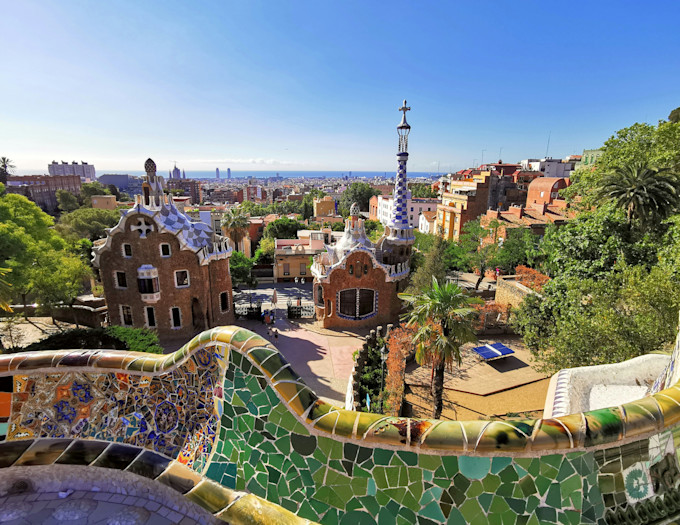
Best Places to Work From in Barcelona
We're here to guide you through the digital nomad lifestyle, and today we’ve got some local recommendations of the best places to work remotely in Barcelona, Spain.

Sustainable Travel in Seoul
Seoul has become a hotspot for eco-conscious travel. Find out more about how they're paving the way for sustainable travel, and what conscious choices you can make.
